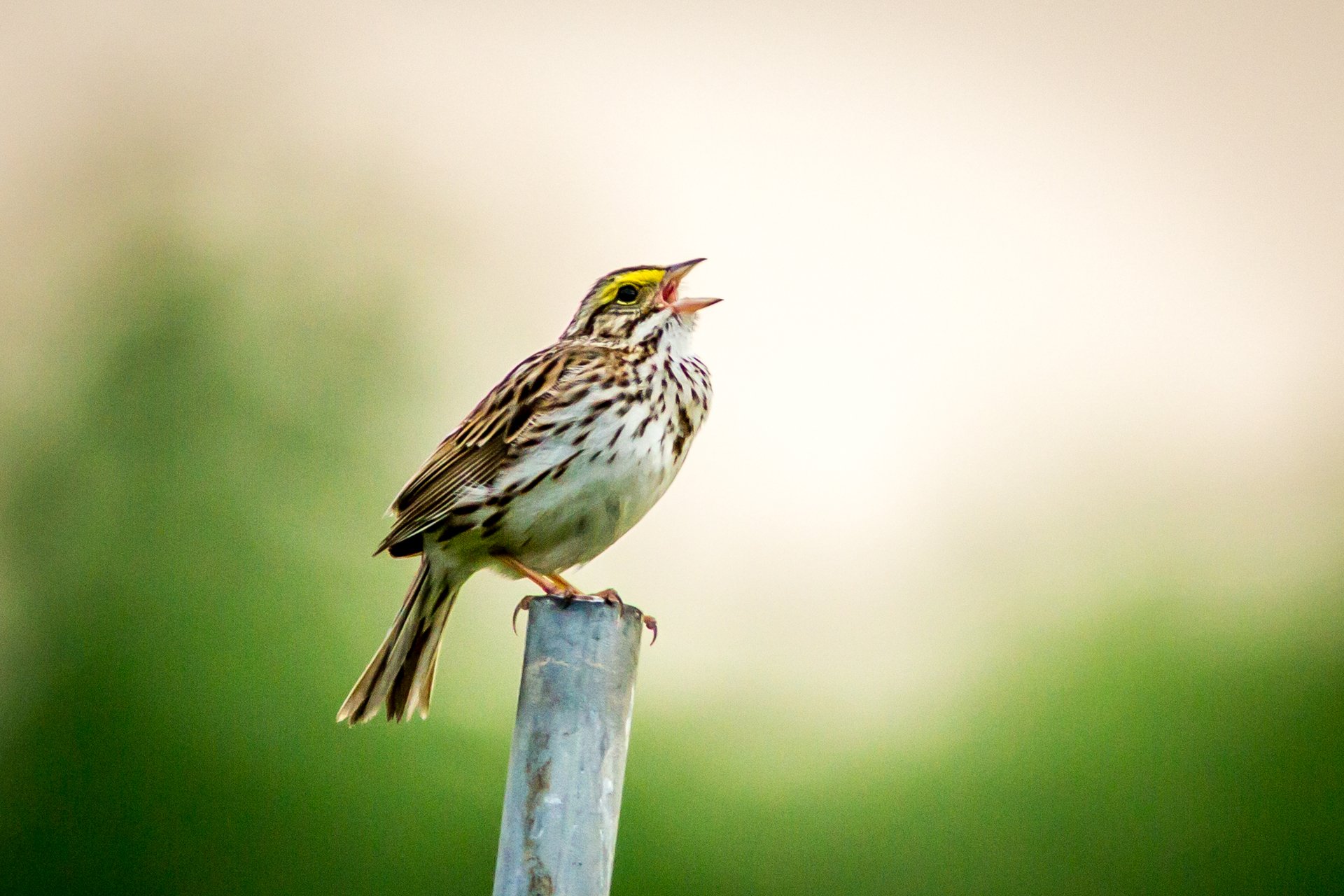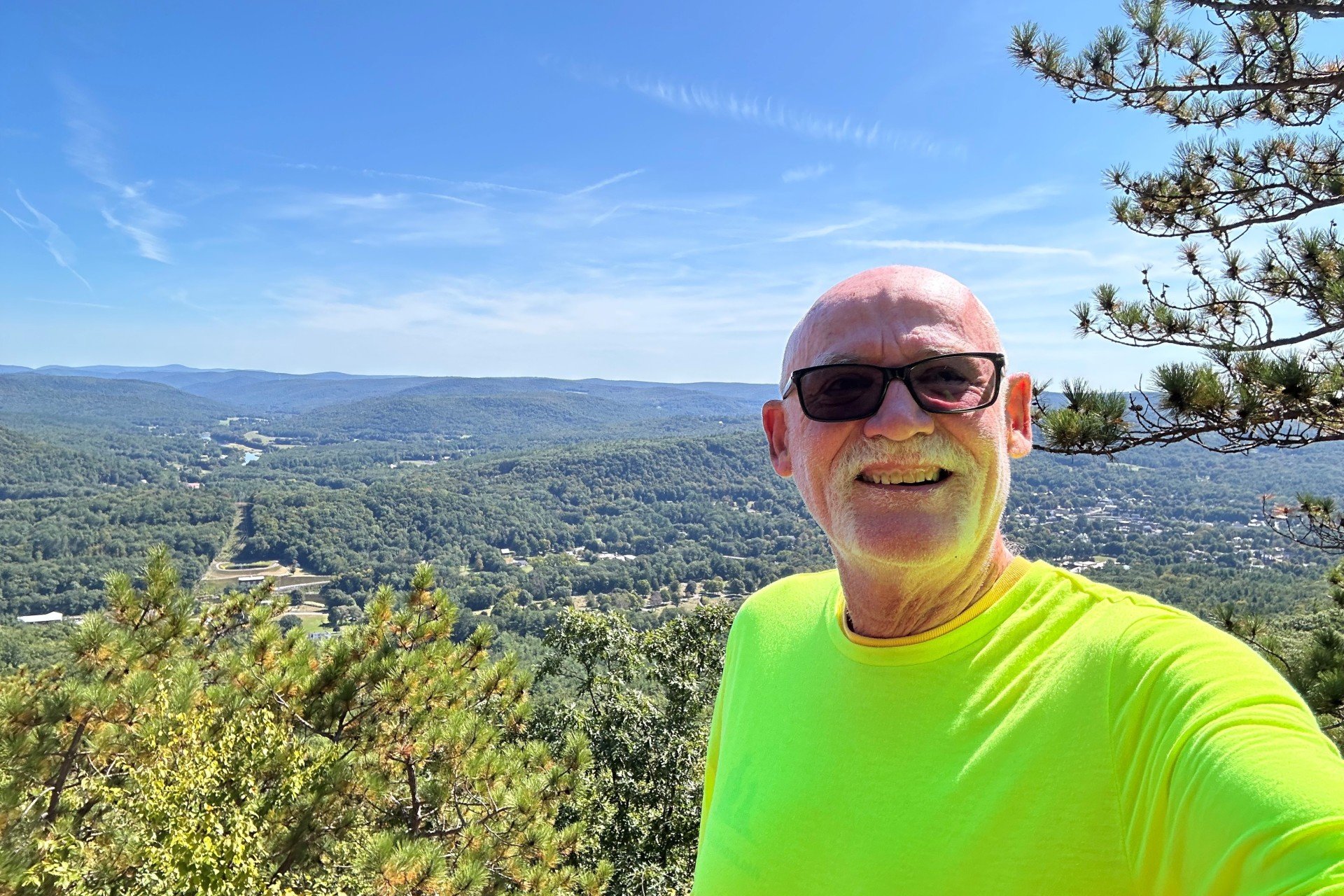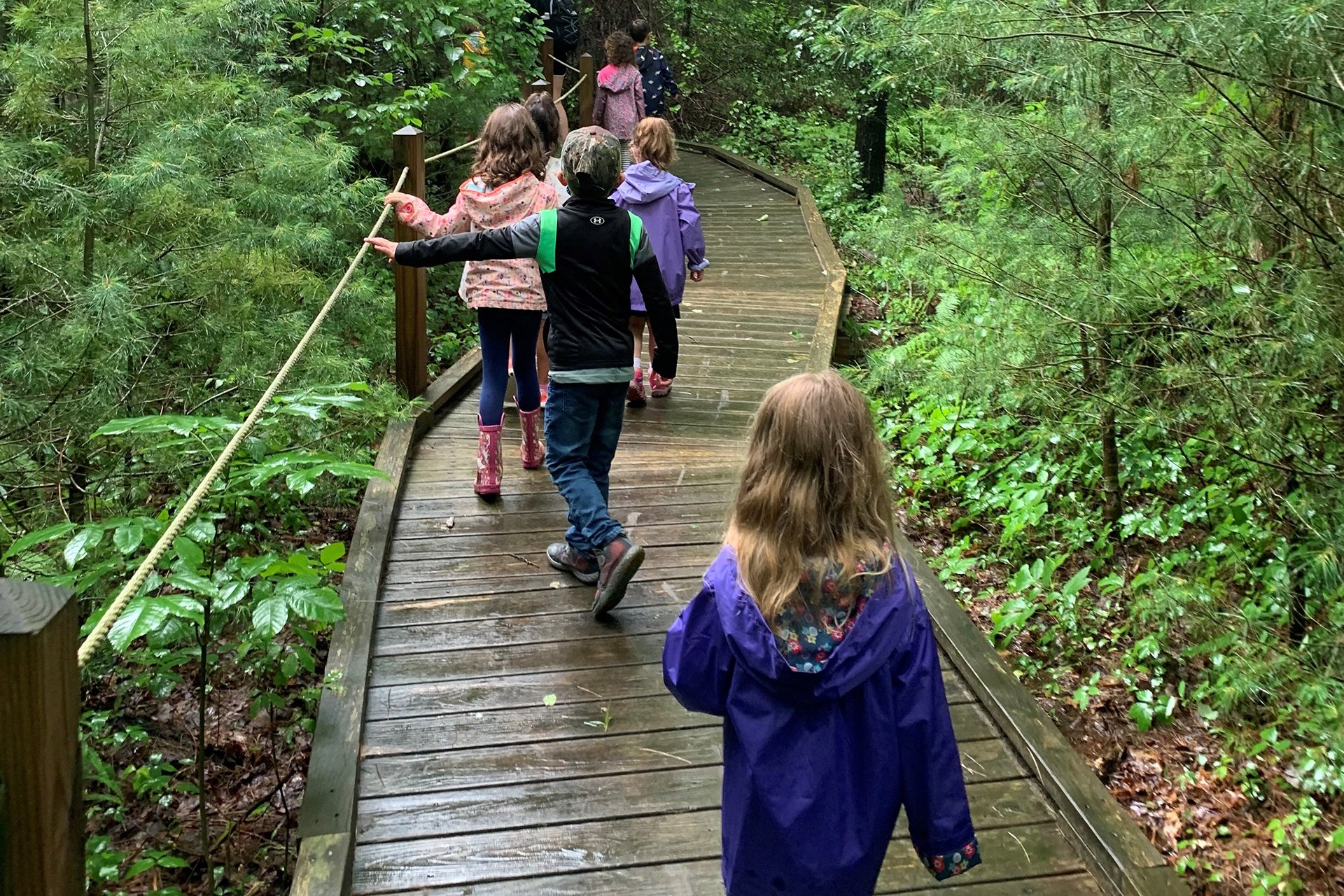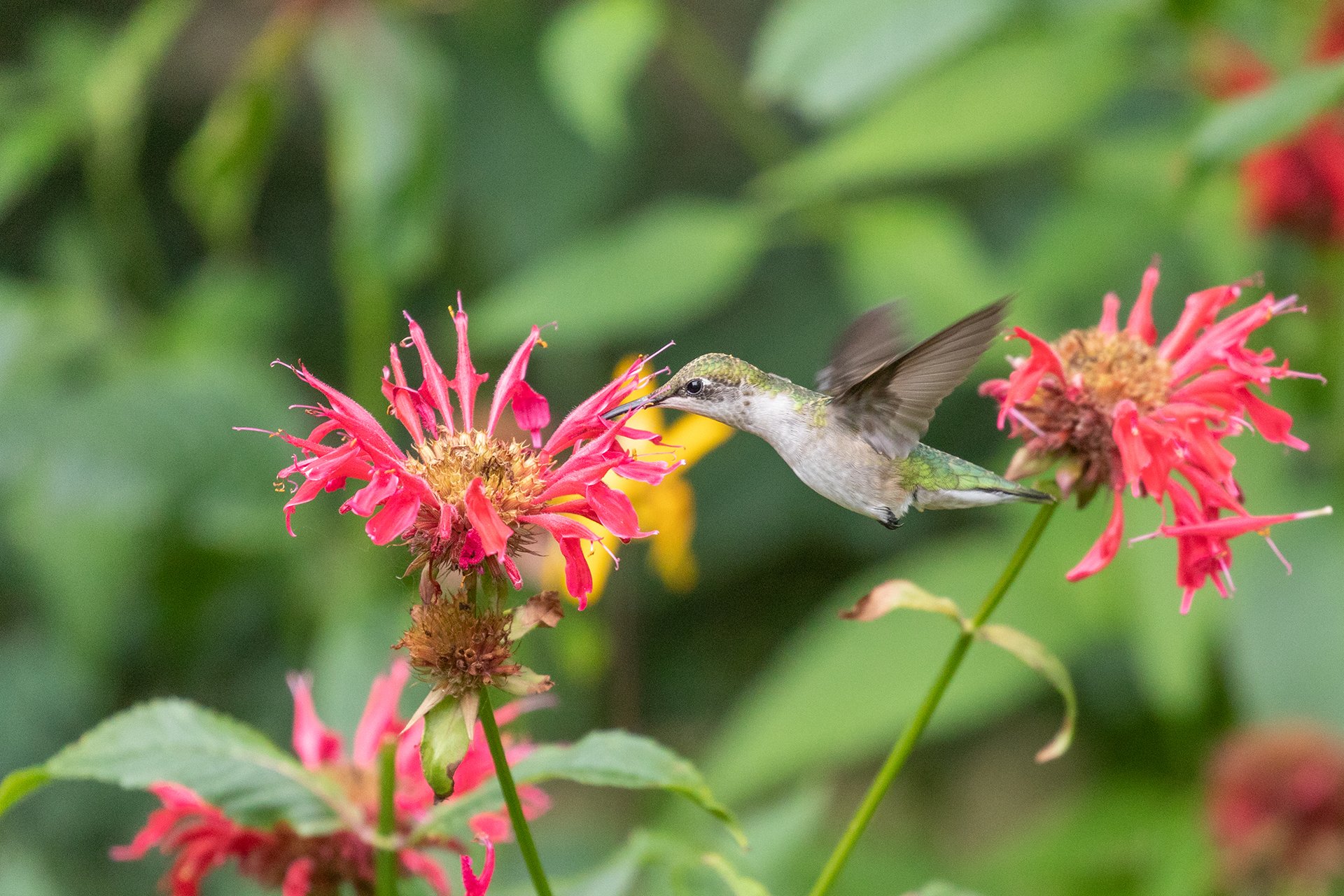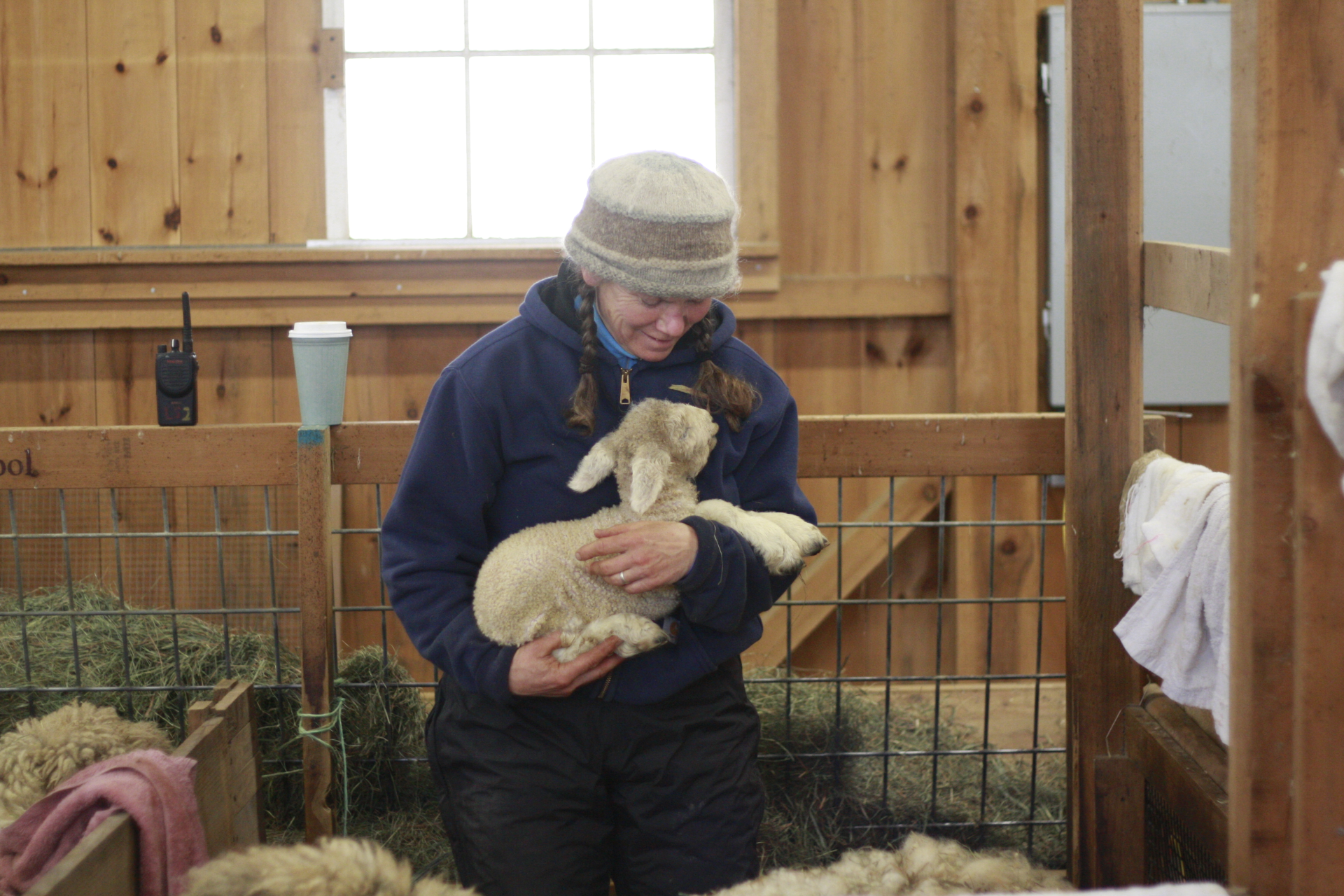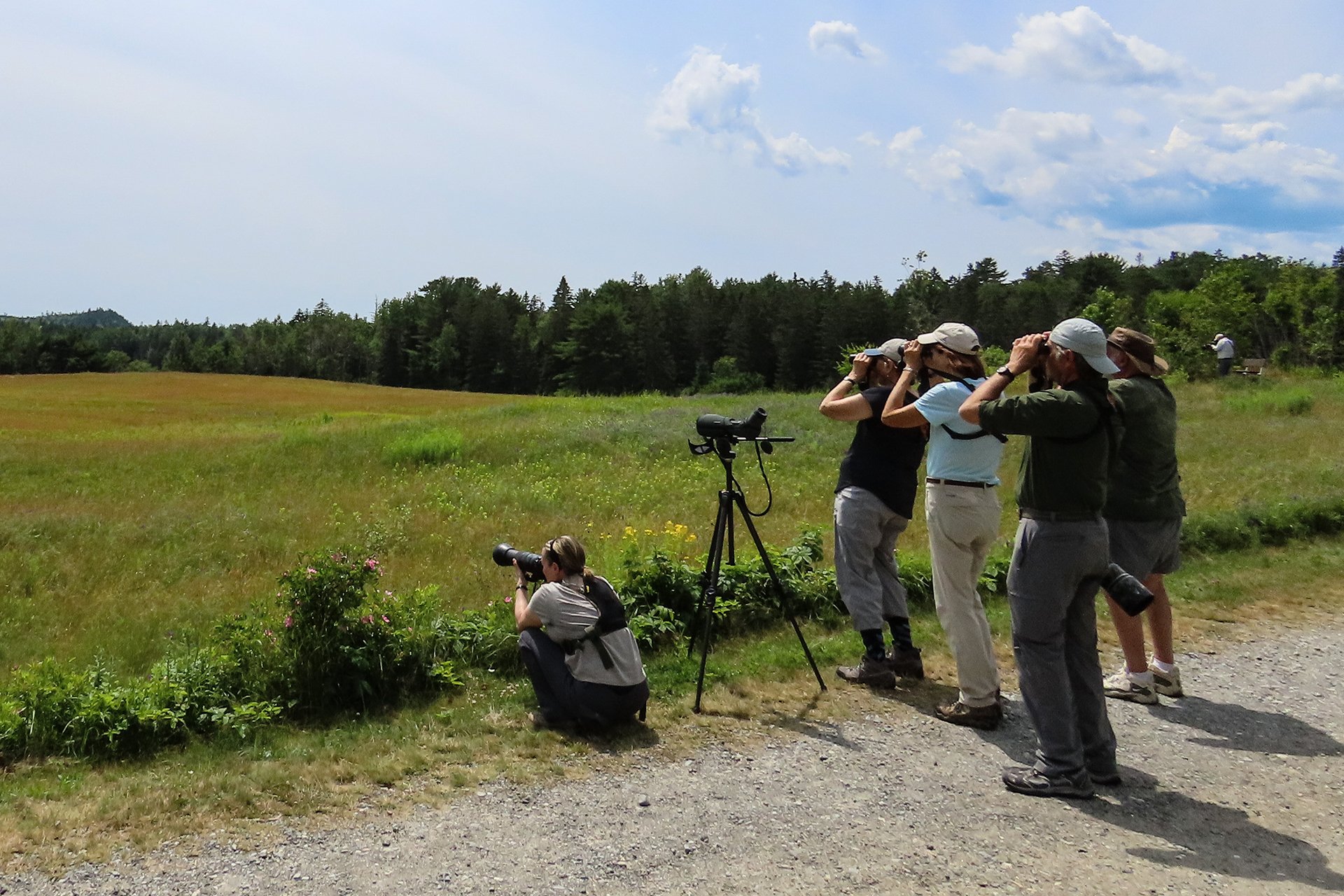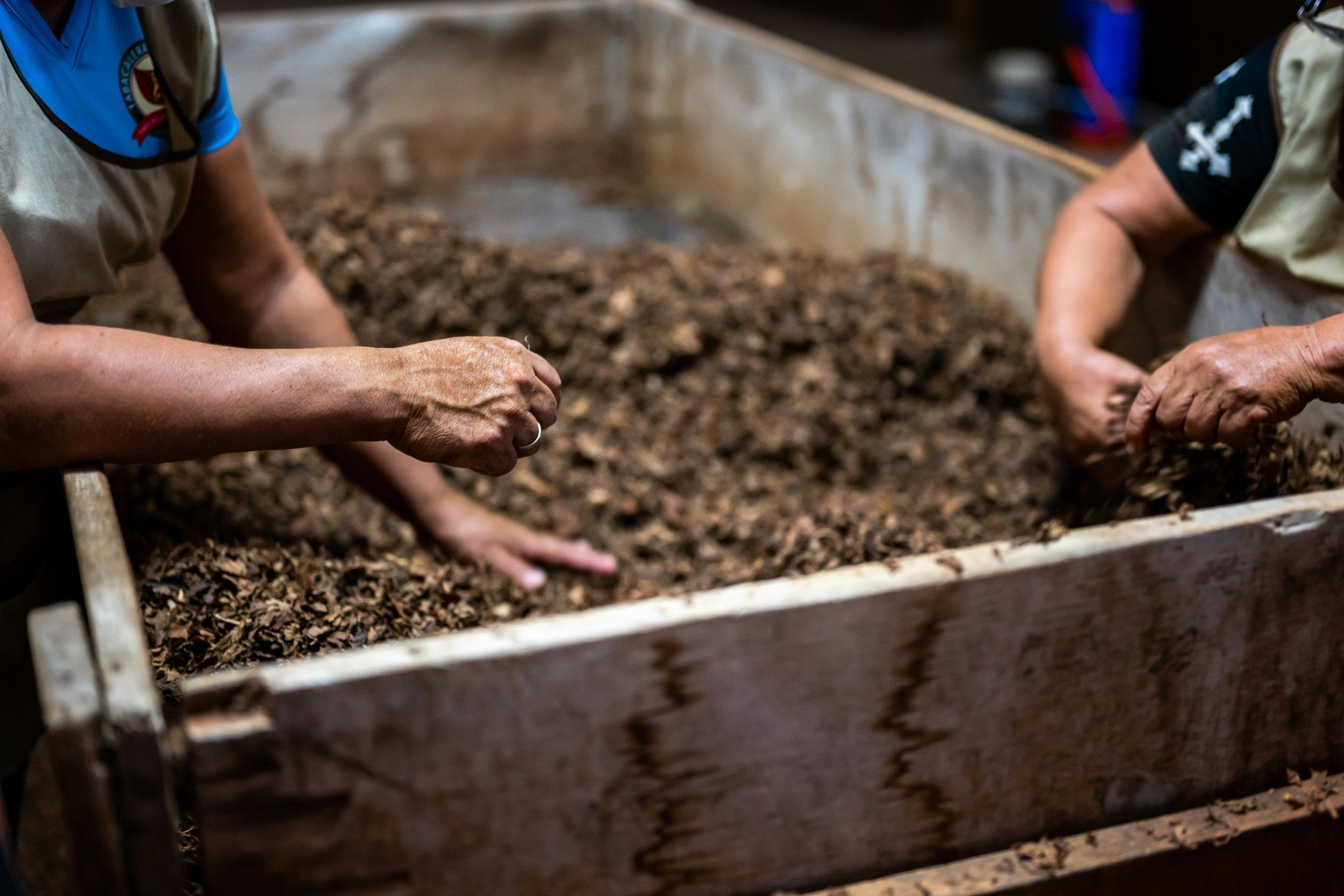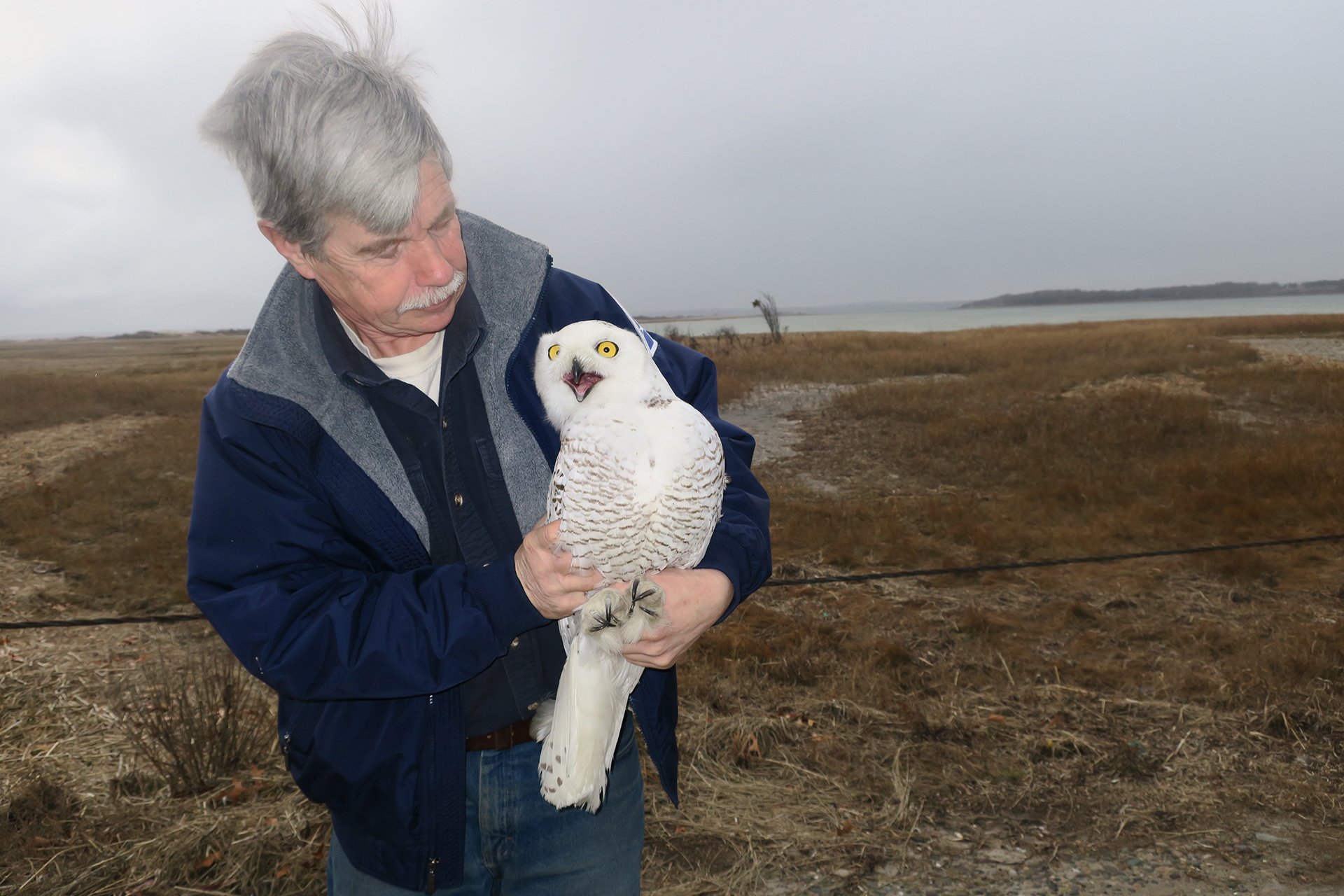News
In Your Words: Andy Tolland
Keep ReadingSunshine, Soil, and Smiles: The Magic of North River Nature Camp
Keep ReadingUnder the Pines: Camping at Wellfleet Bay’s Hidden Nature Retreat
Keep ReadingThe Best Spots to See Spring Birds at Drumlin Farm
Keep ReadingMass Audubon hires former NOAA senior advisor, MassDevelopment TDI deputy director to fill two major roles
Learn MoreGet to Know Drumlin Farm’s Livestock Manager
Keep ReadingFree Bird Walks for Adults on the North Shore in May
Keep ReadingDig into City Composting with the Boston Nature Center
Keep ReadingThe Owl Man of Logan Airport: Norman Smith’s Legend Takes Flight
Keep ReadingShowing 1-9 of 536 results



